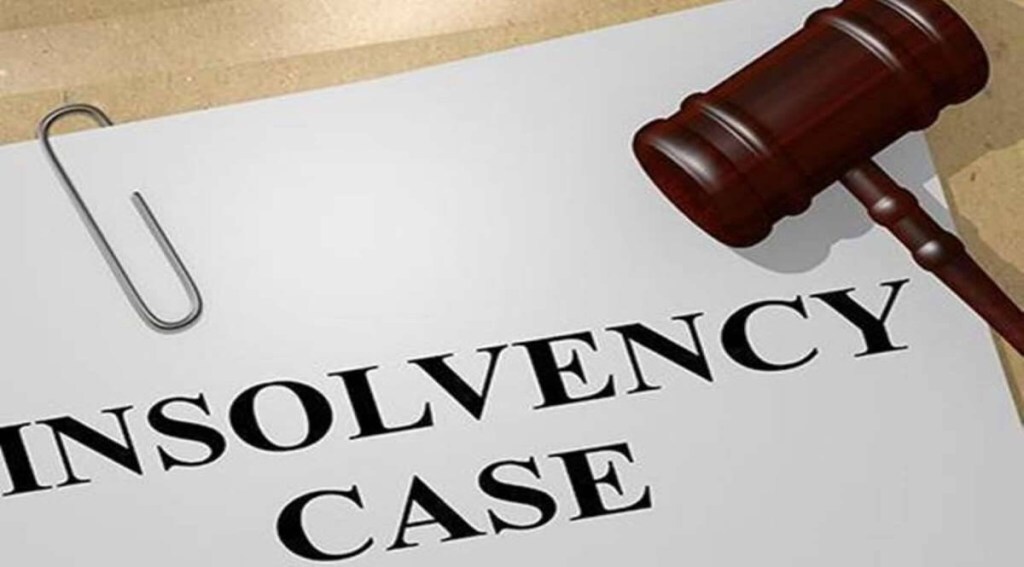The government is considering a proposal to boost the regulatory prowess of the Insolvency and Bankruptcy Board of India (IBBI)—arguably the least powerful financial-sector watchdog — to bolster the oversight mechanism for the resolution of toxic assets, sources have told FE.
This could be part of an array of amendments to the Insolvency and Bankruptcy Code (IBC) that the government has been planning to introduce in Parliament for clearance.
However, some experts caution that unless the IBBI is granted real power to discipline key stakeholders such as creditors and debtors during the resolution process, the quality of regulation and supervision won’t improve much.
“The IBBI could get more power to develop the insolvency eco-system and help ensure speedy resolution of stress in insolvent firms,” one of the sources said.
Some of the IBC changes, which are being worked out for the past two years, may come soon and some others later, he added.
At present, the IBBI regulates only insolvency professionals (IPs), IP agencies, IP entities and information utilities, and acts as the authority for valuation professionals. It makes regulations and guidelines for insolvency resolution and liquidation processes across formats, in sync with the law passed by Parliament.
However, it doesn’t have power to regulate the affairs of the most important stakeholders — creditors and debtors —while a firm goes through insolvency resolution. So, it’s not well-equipped to discipline them or take punitive measures to prevent any malfeasance.
While the amendments are still being worked out, the case for more powers to the IBBI and greater scrutiny of the affairs of financial creditors who weigh the resolution plans gained traction after few cases last year tested the spirit of the IBC. For instance, in the case of Siva Industries Holding, the lenders accepted a one-time settlement by its former promoter, who had offered just 6.5% of the total debt, and filed a withdrawal application before the National Company Law Tribunal (NCLT).
In the case of Videocon, the NCLT highlighted that lenders were taking an almost 96% haircut and expressed surprise that Twin Star Technologies’ offer was very close to the stressed firm’s liquidation value, which was meant to be confidential. Thus, it cast some implicit doubt over the integrity of the process.
Commenting on whether the IBBI needs to be further strengthened, a former central banker said, “There is merit in the argument that IBBI, being a general regulator like Sebi, should be given power over lenders on insolvency resolution matters.”
Another expert said that Sebi has the power to crack the whip on a bank that wishes to go public if the markets regulator detects any wrongdoing in its sphere of regulation, even though the bank continues to be regulated by the sectoral watchdog RBI. “There is no reason why such powers can’t be granted to the IBBI in case of insolvency resolution,” he added.
According to the extant mechanism, the IBBI can approach the special courts — set up under the provisions of the Companies Act, 2013 — against a financial creditor if it suspects wrongdoing by the latter. However, since the regulator lacks adequate investigative prowess, it’s not possible for it to prove its case through a solid probe.
Also, unlike Sebi, the IBBI just makes regulations but it doesn’t have power to either interpret them first or enforce them properly. The capital markets regulator, in contrast, can punish the guilty, based on its own interpretation of its regulations and investigation. Of course, these can be challenged by the aggrieved party at the Securities Appellate Tribunal.
In September last year, following outrage over few cases mentioned earlier, the IBBI came out with a professional code of conduct for the lenders who form the committee of creditors, in sync with the recommendation of the parliamentary standing committee on finance, stipulating some dos and don’ts for them. However, in the absence of real power, it’s not clear how the IBBI will enforce it strictly to achieve the desired outcome.
The parliamentary panel on finance last year warned that the IBC had strayed from its intended goals due to long delay in resolution and massive haircuts for lenders.
Shravan Shetty, managing director at consultancy firm Primus Partners, said: “The IBBI should also be empowered to look at innovative options for resolution. These include identifying and selling select valuable assets of a stressed firm separately to maximise realisation instead of waiting for a single bidder to buy the entire company. Also, the regulator needs to have power to order liquidation of insolvent companies if no resolution is found within a year.
Some analysts, however, feel the government’s primary focus now should be to ensure swift resolution of assets and prevent value erosion. Misha, partner at Shardul Amarchand Mangaldas & Co, said the resources available to and the capacity of the NCLTs need to be ramped up urgently so that they are able to function at optimum capacity. There is also a need to consider introducing mediation as a means of dispute resolution in insolvency space, she said.

